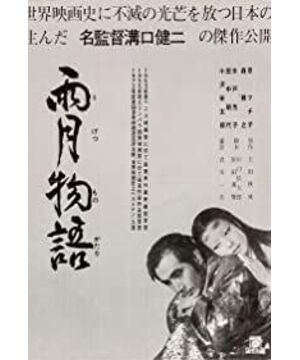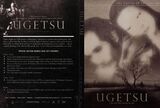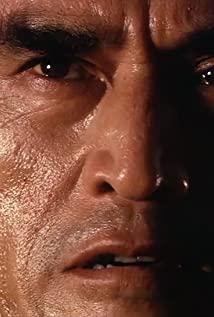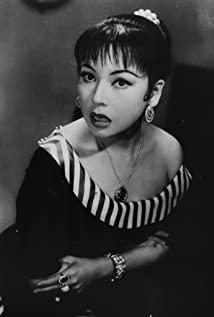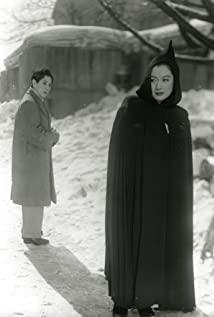perhaps more fully expresses the "awakening" of "feminism". Although she is no longer alive, she still has the courage to pursue love. It's better to see her as a microcosm or a warrior of modern women's gradual liberation in sex and love, rather than to realize their dreams.
But when she tasted the fruit of love for the first time, she danced. Her father's voice sounded from the armor with only the head left, but she was shocked and pale and at a loss. This male or patriarchal confinement and oppression of women at that time is fully revealed in the performances and soundtracks of Noh music, visualizing psychological changes, and the way of showing music has never faded in any era. The plot is intricately linked, reflecting the naked contradiction and struggle between the rising status of women in postwar Japanese society and the still-rooted traditional concepts.
Although the two clues of Genjuro and Fujibei began to split in the middle of the story, they did not interact and intertwine with each other until the end. Not only in the theme, Mizoguchi Kenji found a perfect fit between the two, that is, the struggle against desire and family. meaning. Responsibility for the family, and the desire for wealth, for power, often split in their congruence until they became opposites. At the beginning of the pursuit of power and money, the happiness of a wife and children is often a man's greatest motivation. But when a better life really appeared in front of her eyes, the wife of the chaff became a stumbling block again. The word responsibility has become a heavy shackle that binds men. They want to get rid of it but are afraid of losing it. They are ambitious and overwhelmed.
An interesting detail is that every time Genjuro sells pottery, he will bring back a gorgeous kimono yukata for his wife. With him, this is a kind of complacency in fulfilling family responsibilities. A performance tied to the wife's obligations. But when he started at Wakasa like glue, he also chose to give each other a yukata as a gift. In the play, this implies that Genjurou takes material things as the only way to express his feelings towards women, and also makes an analogy between his two feelings for Wakasa and his wife Miyagi.
Whether Genjuro or Fujibei, they have completed their redemption by returning to their hometown and starting their family life anew. The price is his wife's death and a painful past. Although this is not a big reunion, it can be considered a happy ending. Although it weakens the keynote expression of the film to a certain extent, it consolidates the great significance of family responsibility to men from another perspective. If I could sum up the movie in one word, it would be "getting lost". When the prodigal son turns his head, he will not exchange a thousand pieces of gold. I think this may be the ultimate theme that Kenji Mizoguchi wants to express.
View more about Ugetsu reviews


